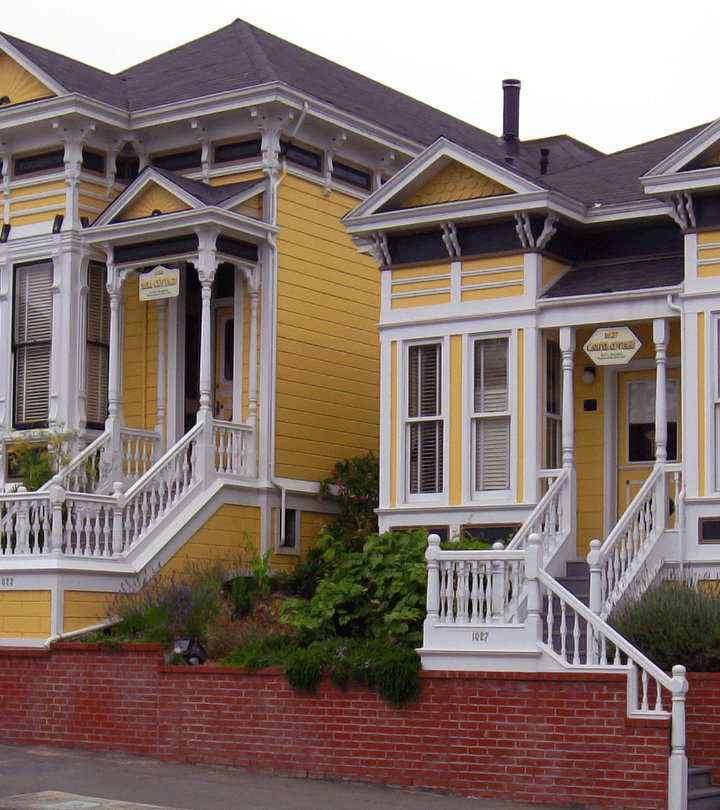If you are considering purchasing a secondary home, you should know the pros and cons of doing so. In addition, it is vital to know how secondary home insurance works and how it affects your homeowner’s insurance rates. Owning two homes is a large responsibility, and secondary homes have all of the repairs that other homes do. They still have appliances that need to be fixed, yards that need to be kept up, and monthly and yearly bills. Regardless, there are many positives to owning a second home as well. It can bring diversity to where you live, allowing for people to have one home in the city and one home in a more rural area. In addition, it makes it possible for people to spend their winters down south where the warmer weather is, while still staying close to their roots for the rest of the year.
In addition, owning a second home can be a solid investment. Property values tend to increase, and since the secondary home is not utilized as much, there tends to be less wear and tear in some regards. One of the bills that comes from owning a second home is secondary homeowners insurance.
When you know that you will be purchasing a secondary home, it is a good plan to check your primary homeowner's insurance coverage to see if it can cover a second home as well. If it does, an additional insurance policy might not need to be purchased for the additional home. This can be true regardless of whether you are purchasing a vacation home or buying an investment property. If your policy only covers your primary residence, however, a separate policy will need to be purchased for additional coverage on the second home.
What Should A Second Home Policy Cover?
Knowing how much coverage you will need on a second home is determined by multiple variables. The way the home being used is one of the variables, and one that people are less aware of. If you are renting out your home, a more comprehensive insurance policy might be needed. You’ll want to have a policy that can cover the full cost of replacing your residence if it is destroyed by a fire, hail, or other damage. In addition, rental loss coverage is available.
You will generally want your second home insurance policy to cover all of the perils for a dwelling that your primary homeowner's insurance plan covers. If you are renting the property out, you might not need to get personal belongings coverage, however it does cover appliances and can be a good idea. Also, keep in mind that an umbrella insurance policy can also be purchased to give you additional coverage in case someone decides to sue you after being injured on the property.
In some areas, there are risks that are not covered by a standard insurance policy. These include things like hurricanes, floods, and earthquakes. While a standard homeowners insurance plan does not provide coverage for these types of events, there are supplemental insurance policies that can be added to your plan if coverage is a good idea. You will want to assess your needs and determine which policies make sense for you to have.
Getting A Secondary Insurance Policy
There are differences between buying an insurance policy for a second home, in regards to the process. Overall, when a person owns a second home it is viewed as being a more risky home to insure. If the home is going to be vacant most of the time, insurance rates will go up. The same is true if it is in an area that is more prone to natural disasters. Keep in mind that the cost of your insurance premiums is important to pay attention to. It could be higher to insure your second home than it is to insure your primary residence. Make sure to take advantage of available discounts, by doing things like installing security systems. It is also possible to bundle your homeowner's insurance with other types of insurance to save additional money.
Ways To Lower Your Premium
The biggest ways to lower your insurance premium is to take advantage of discounts, including bundling up multiple policies, adding security systems and updating your appliances can also be a help. People also consider adjusting their deductibles in order to lower their rates. When people have higher deductibles, their insurance rates tend to go down. It is generally not recommended to mess with a policies limits, as it is a good plan to have enough coverage to fully replace your home if it is destroyed completely.
Get Started with no risk and no obligation.
Get the Best Insurance rates in your area from the top Insurance providers.



